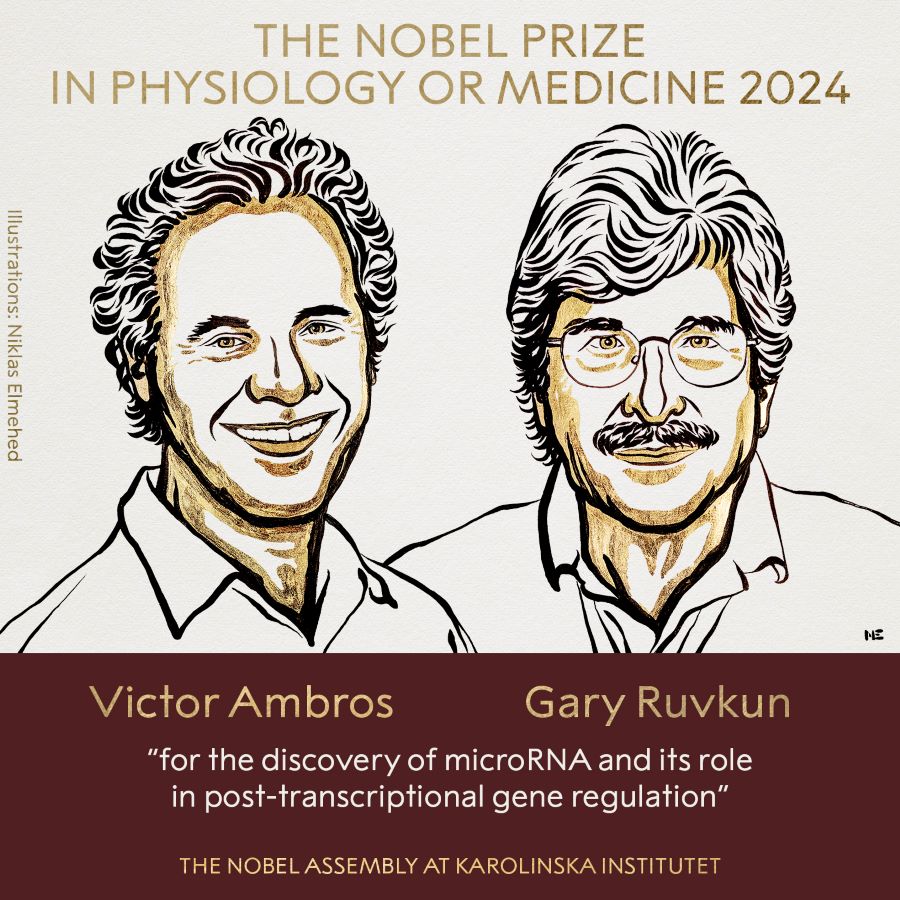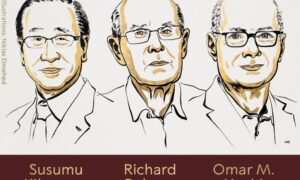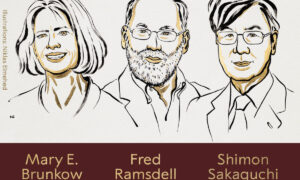
Picture : The Noble Prize / X
The Nobel Prize in medicine was awarded to Americans Victor Ambros and Gary Ruvkun for their discovery of microRNA, a fundamental principle governing how gene activity is regulated.
The Nobel Assembly said that their discovery is “proving to be fundamentally important for how organisms develop and function.”
Ambros performed the research that led to his prize at Harvard University. He is currently a professor of natural science at the University of Massachusetts Medical School.
Ruvkun’s research was performed at Massachusetts General Hospital and the Harvard Medical School, where he’s a professor of genetics, said Thomas Perlmann, Secretary-General of the Nobel Committee.
Perlmann said he spoke to Ruvkun by phone shortly before the announcement.
“It took a long time before he came to the phone and sounded very tired, but he quite rapidly, was quite excited and happy, when he understood what, it was all about,” Perlmann said.
Last year, the Nobel Prize in Physiology or Medicine went to Hungarian-American Katalin Karikó and American Drew Weissman for discoveries that enabled the creation of mRNA vaccines against COVID-19 that were critical in slowing the pandemic.
The prize carries a cash award of 11 million Swedish kronor ($1 million) from a bequest left by the prize’s creator, Swedish inventor Alfred Nobel.
The announcement launched this year’s Nobel prizes award season. Nobel announcements continue with the physics prize on Tuesday, chemistry on Wednesday and literature on Thursday. The Nobel Peace Prize will be announced Friday and the Nobel Memorial Prize in Economic Sciences on Oct 14.
The laureates are invited to receive their awards at ceremonies on Dec 10, the anniversary of Nobel’s death.
[the_ad id=”55723″]


















